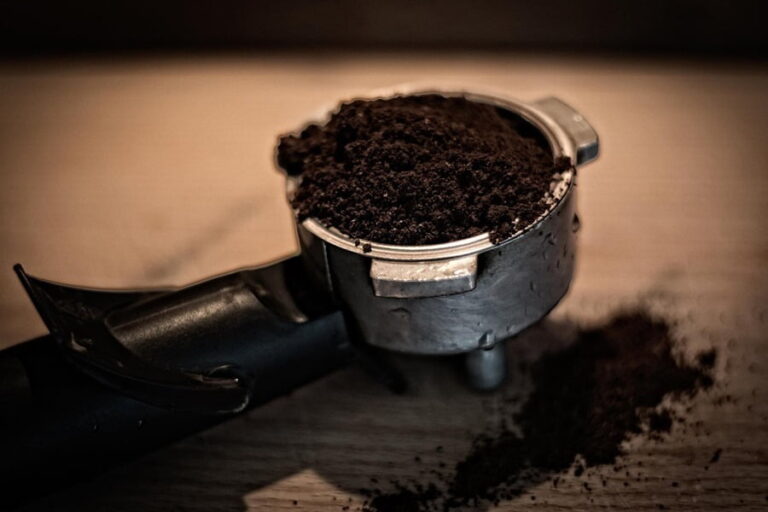It is common to empty the coffee filter in the trash once we have prepared our drink, but for those who have plants in a garden or orchard is an excellent way to keep the coffee filter in the trash. fertilizer. Organic matter compost has the property of adding more nutrients to the soil, increasing its fertility and viability.
Coffee grounds are rich in nitrogen, phosphorus, potassium, and also provide iron and acidity to the soil, which lowers the level of lime in the soil water and maintains the iron better.
It is worth noting that contrary to freshly roasted coffee seeds that are very acidic, the residues of coffee that has already been used have a neutral PH, so that for it to be a successful fertilizer it is necessary that the coffee has been brewed beforehand.
Application modes
One way to use coffee as a fertilizer is to keep two or three loads of residue in a bottle of one and a half liters of water for eight hours. It is then strained and the resulting liquid can be used to fertilize by spraying a little every two weeks in hot climates and once a month in cold weather.
Another way is to pour the coffee grounds around the root of each plant and stir the soil a little so that it adheres better to the soil. This method is ideal for roses, blueberries, strawberries, hydrangeas, among others.
If coffee grounds are applied around the plants, making a closed circle around the stem, its acidity and strong odor will serve as a repellent for ants, snails and slugs.
Valuable data
It is important to highlight that when storing coffee leftovers, we should do so in a plastic bag or in a glass, plastic or similar container, but it is essential that these are dry, otherwise the humidity will cause the residues to rot.



